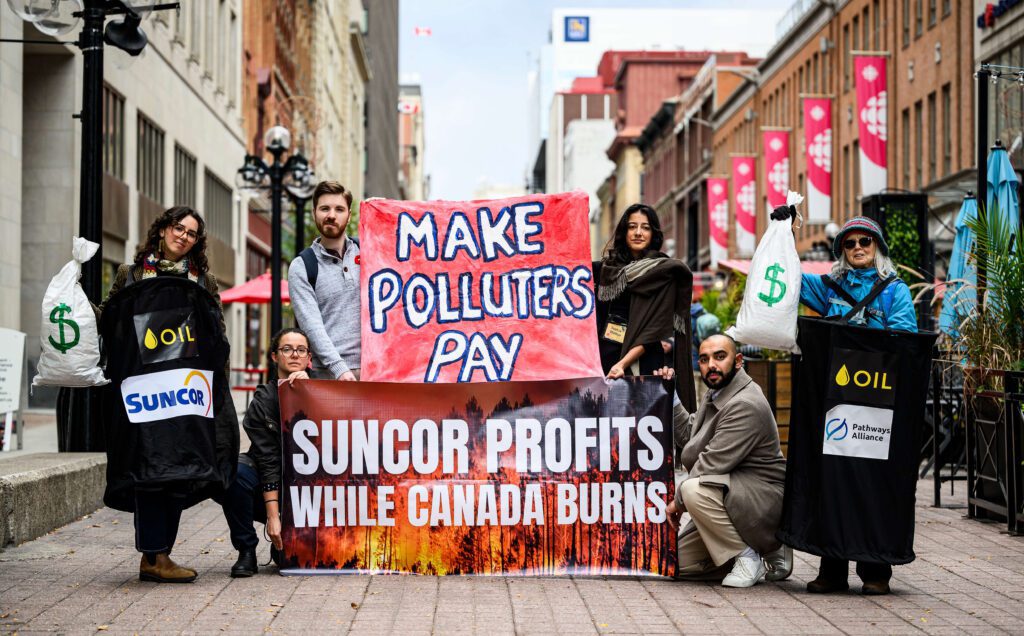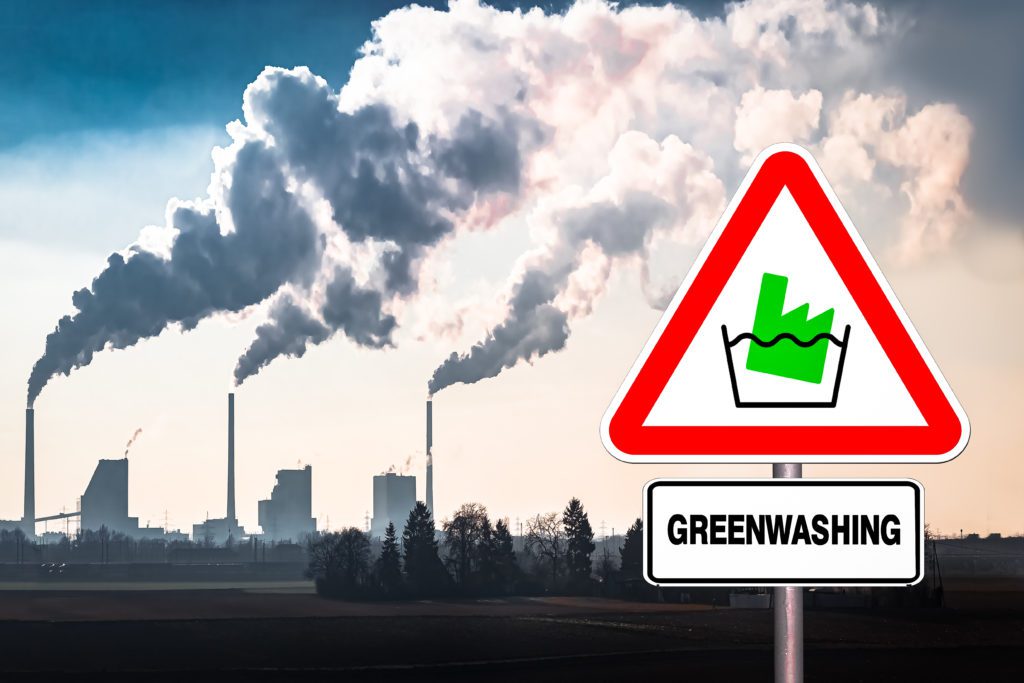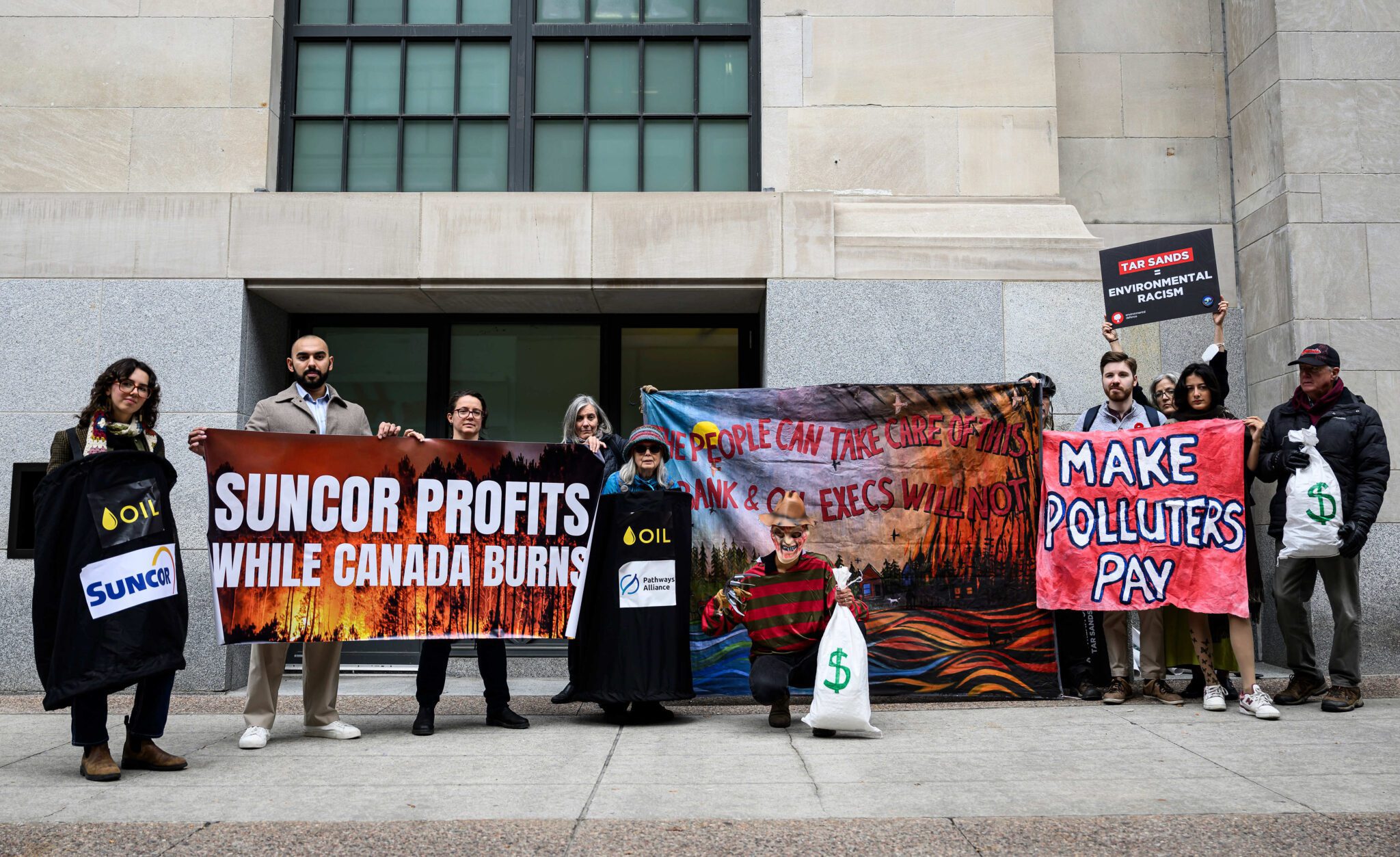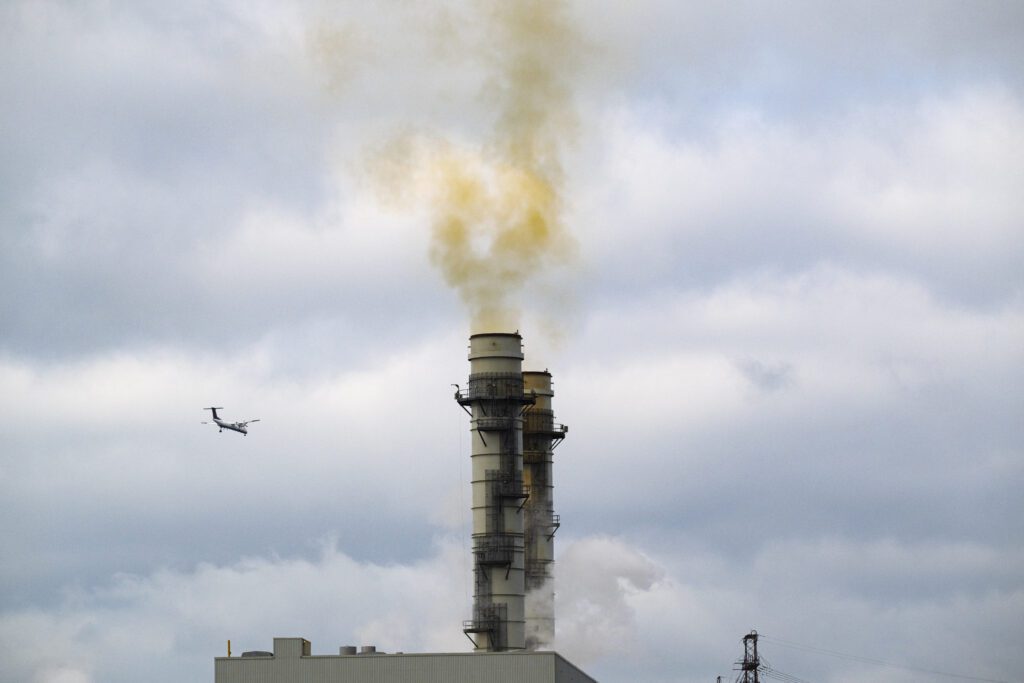This blog was written with help from Emilia Belliveau, Energy Transition Program Manager
As a climate activist, I’m constantly confronted with the attempts of oil and gas companies to greenwash their operations, spread misinformation through their public campaigns and actively oppose much needed climate policies.
Thankfully this is changing. As the world continues to learn how oil and gas companies have used their vast resources to cause climate change, the tables are slowly turning.
WHY WAS SUNCOR CEO RICH KRUGER CALLED TO APPEAR AT THE NATURAL RESOURCES PARLIAMENTARY COMMITTEE?
 Earlier this week, I attended Parliament’s Natural Resources committee meeting in Ottawa, where Rich Kruger, the CEO of Suncor was called to testify. NDP MP Charlie Angus put forward the motion to bring Rich Kruger to Parliament because of comments he made this summer that, under his new leadership, Suncor’s operations would be less focused on reducing their greenhouse gas (GHG) emissions and more focused on maximizing profits. That’s big Climate Villain energy.
Earlier this week, I attended Parliament’s Natural Resources committee meeting in Ottawa, where Rich Kruger, the CEO of Suncor was called to testify. NDP MP Charlie Angus put forward the motion to bring Rich Kruger to Parliament because of comments he made this summer that, under his new leadership, Suncor’s operations would be less focused on reducing their greenhouse gas (GHG) emissions and more focused on maximizing profits. That’s big Climate Villain energy.
The comments came during a Suncor shareholder meeting in June, while Canada was in the midst of experiencing the worst wildfire season on record. These wildfires, which were exacerbated by emissions from fossil fuel producers, burned over 17 million hectares of forest. For context, the area burned is equivalent to the size of the State of Florida.
Rich Kruger’s desire to maximize profits rather than focusing on reducing Suncor’s GHG emissions flies in the face of science and the need for urgent reduction of GHG emissions to keep global temperatures from rising more than 1.5 degrees celsius above average, which is the limit before the impacts of climate change become hard to manage. Rich Kruger’s statements this summer were out of touch with public concern for climate change, but they reflect the priorities that Suncor has demonstrated time and time again with its actions and decisions – it prioritizes profits above everything: climate action, the environment, and even worker safety.
Although Rich Kruger was the one who said the quiet part out loud, his statements are representative of the whole oil and gas industry.
WHAT DID MPs ON THE COMMITTEE ASK RICH KRUGER?
During the hearing, Rich Kruger was asked pointed questions by several MPs about Suncor’s contribution to the climate crisis as Canada’s largest GHG emitter, the company’s recent cuts to 1,500 workers jobs and Suncor’s abysmal safety record – which includes the deaths of five workers in the last three years. Rich Kruger was also asked about Suncor’s efforts to continue expanding their fossil fuel operations despite recent reports from the International Energy Agency, the world’s foremost institution for energy modeling and analysis, that show the demand for fossil fuels will peak this decade – and that to avoid the worst of the climate catastrophes, the world needs to phase out fossil fuels. Despite this, Kruger said he believed “there are a lot of various outlooks on whether or when it’s going to peak…and I think oil and gas has a long life ahead of it”
Rich Kruger’s long past in the oil and gas industry was also brought up, especially his time at Exxon. During the 1970s, Exxon’s own research showed that their operations were causing climate change. However, this research was hidden from the public eye and Exxon continued to publicly cast doubt about climate science, fund climate denial groups and think tanks, and promote fossil fuel expansion and use. Rich Kruger began working at Exxon in 1981 and was Vice President from 2008-2013. During his time in leadership, the company continued to promote narratives of uncertainty around climate science, minimize climate impacts, lobby against urgent climate action, and fund climate-denying groups and think tanks.
In response to the questions asked, Suncor’s CEO Rich Kruger did what is expected from oil and gas companies – he greenwashed Suncor’s operations and continued to argue for more oil and gas production in Canada.
WHY WERE RICH KRUGER’S ANSWERS TO THE COMMITTEE AN EXAMPLE OF GREENWASHING?
 How did Rich Kruger greenwash? One example is that he promoted Suncor spending $540 million on “decarbonization”, much of which also improves the efficiency of its oil extraction operations. But this spending is a tiny fraction of Suncor’s profits, which came to $9 billion in direct profits in 2022. The spending to reduce the company’s emissions from its oil and gas production works out to less than 1 per cent of Suncor’s revenue spending – a tiny drop in the bucket.
How did Rich Kruger greenwash? One example is that he promoted Suncor spending $540 million on “decarbonization”, much of which also improves the efficiency of its oil extraction operations. But this spending is a tiny fraction of Suncor’s profits, which came to $9 billion in direct profits in 2022. The spending to reduce the company’s emissions from its oil and gas production works out to less than 1 per cent of Suncor’s revenue spending – a tiny drop in the bucket.
Rich Kruger also engaged in blatant greenwashing that is repeated by other fossil fuel companies: that decarbonizing oil and gas production solves the problem of oil and gas pollution. The production of oil and gas only accounts for 10 per cent of its greenhouse gas emissions – the other 90 per cent comes when it is used, such as to heat homes, or for gasoline for cars and fuel for planes. So reductions in emissions from oil and gas production does not offset Suncor’s emissions from increasing production, which are continuing to rise.
Rich Kruger also pointed to Suncor’s participation in the Pathways Alliance. While the Pathways Alliance has been on a massive public advertising campaign making claims about working towards net-zero, we’ve called them out for what they really are: a rebranded oil and gas lobby group, that’s trying to get billions of dollars from the government to pay for a carbon capture project and C02 pipeline network in Alberta. The Pathways Alliance is trying to block and delay climate action in Canada – to claim that being part of the Alliance shows Suncor cares about climate change is pure greenwashing.
Greenwashing is of course a tactic from the same playbook that Suncor and other oil and gas companies have been employing for decades. However, Rich Kruger’s response at the hearing was a clear indication that when called out for their actions, oil and gas companies will say whatever to ensure that they can still operate without accountability.
CANADA NEEDS TO SEE THROUGH GREENWASHING AND MOVE FORWARD WITH CLIMATE ACTION
The Natural Resources hearing was a good first step, however, the efforts should not stop there. Oil and gas companies, like Suncor, cannot be trusted to clean up their own pollution. MPs and government officials need to see through the oil and gas greenwashing and hold industry accountable. This is why the federal government needs to act with urgency and implement a strong oil and gas emissions cap to ensure that fossil fuel companies reduce their emissions in line with Canada’s climate commitments.
Although there was a lot of greenwashing and deflection coming from Rich Kruger at the hearing, there were still some positive moments. During the questioning, I heard Liberal MP Viviane Lapointe describe how she was moved by the concerns of her constituents on climate change and their support for an oil and gas emissions cap. Her statement showed just how important and effective it is when MPs hear from the communities they represent on the issues that matter to them.
With the oil and gas industry mobilizing their vast resources to block, weaken and delay climate policies like the emissions cap, it is up to us to ensure that our government also hears from the public. The federal government must hold the oil and gas industry accountable, and the best way to do that is to continue speaking to our elected officials and using our collective voice.
As people in Canada saw this year, the catastrophic impacts of climate change are devastating. However, it is not too late. Let’s band together to tell our government that the oil and gas industry must stop polluting our climate and clean up their mess.









